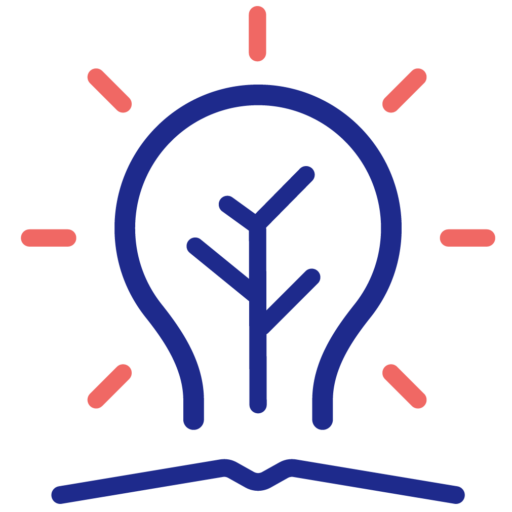Series introduction: From procrastination to productivity
Productivity in research isn’t just about diving into intriguing questions or presenting findings at conferences. It also involves handling the less glamorous but essential tasks: data organisation, literature review updates, formatting, and more. These tasks often lead to procrastination, making it harder to maintain momentum. This four-part series, from procrastination to productivity, provides strategies and tips that can help you approach these tasks with new energy and efficiency.
What to expect:
- Part 1: Discover how to incorporate structure and routine to manage your workload effectively.
- Part 2: Learn mindset shifts that can transform tedious work into meaningful tasks.
- Part 3: Find out how adjusting your environment can support productivity.
- Part 4: Understand how incorporating rewards can create positive reinforcement and sustain motivation.
Join me as we explore practical, research-backed strategies to reduce procrastination and enhance productivity in your work.
Part 1: Transforming tedious work: How structure can boost your productivity
Scholars and researchers often face a mix of engaging and routine tasks. While the stimulating parts of research capture attention and drive, tasks like data entry or formatting references can feel tedious and lead to procrastination. Structuring your day effectively can turn even the most uninspiring tasks into manageable parts of your workflow.
Building a routine
Establishing a routine helps lower the mental resistance associated with starting repetitive tasks. Cognitive science shows that habits reduce decision fatigue, conserving energy for complex work. Setting a specific time each day to update research notes or respond to emails can transform these moments into automatic parts of your workflow. This reduces procrastination and prevents routine tasks from piling up and becoming overwhelming.
Time blocking
Time blocking is a powerful way to manage your schedule. Dedicate specific time slots to routine tasks, such as 30 minutes each morning for literature searches. This structured approach ensures that these tasks don’t disrupt the flow of your more demanding work. Pair time blocking with the Pomodoro Technique, which involves 25-minute intervals of focused work followed by a 5-minute break. This method has been shown to maintain attention and prevent mental fatigue, allowing you to approach each session with renewed focus.
Breaking it down
Facing large projects can be daunting, leading to procrastination. Breaking tasks into smaller, manageable parts—known as chunking—creates mini-goals that are easier to achieve. For example, instead of planning to complete a literature review, you could break it down into:
- Search for relevant articles and studies
- Compile and organise collected articles into folders
- Skim-read abstracts to shortlist key studies
- Take notes on key findings and methodologies
- Highlight gaps in existing research
- Create an annotated bibliography summarising main points
- Group studies by themes or subtopics
- Draft an outline for the literature review structure
- Write a summary for each theme or subtopic
- Integrate summaries into a cohesive narrative
Completing these smaller tasks not only helps maintain momentum but also makes the literature review process feel less overwhelming and more manageable.
Prioritise early
One of the most effective strategies for tackling routine tasks is to handle the most challenging parts early in the day. Research shows that cognitive energy is typically highest in the morning, making it the best time for deep focus. Completing difficult tasks first prevents them from looming over you and allows you to approach the rest of your day with a clearer mind.
Summing up
Structuring your workflow with well-established routines, strategic time blocking, and breaking tasks into manageable steps can transform even the most tedious parts of your workload into manageable activities. By tackling the most challenging tasks early and maintaining a structured approach, you can reduce procrastination and create a smoother, more productive day. When routine tasks become part of a balanced workflow, you’ll find it easier to maintain momentum and focus, making your research process more efficient and rewarding.
References
Berkman, E. T. (2018). The neuroscience of goals and behavior change. Consulting Psychology Journal: Practice and Research, 70(1), 28.
Cirillo, F. (2006). The Pomodoro Technique: The life-changing time-management system. Random House.
Clear, J. (2018). Atomic habits: An easy & proven way to build good habits & break bad ones. Penguin Random House.
Covey, S. R. (1989). The 7 habits of highly effective people: Powerful lessons in personal change. Free Press.
Duhigg, C. (2012). The power of habit: Why we do what we do in life and business. Random House.
Ferriss, T. (2007). The 4-hour workweek: Escape 9-5, live anywhere, and join the new rich. Crown Publishers.
Lally, P., & Gardner, B. (2013). Promoting habit formation. Health Psychology Review, 7(sup1), S137-S158.
McGonigal, K. (2011). The willpower instinct: How self-control works, why it matters, and what you can do to get more of it. Avery.
Newport, C. (2016). Deep work: Rules for focused success in a distracted world. Grand Central Publishing.


